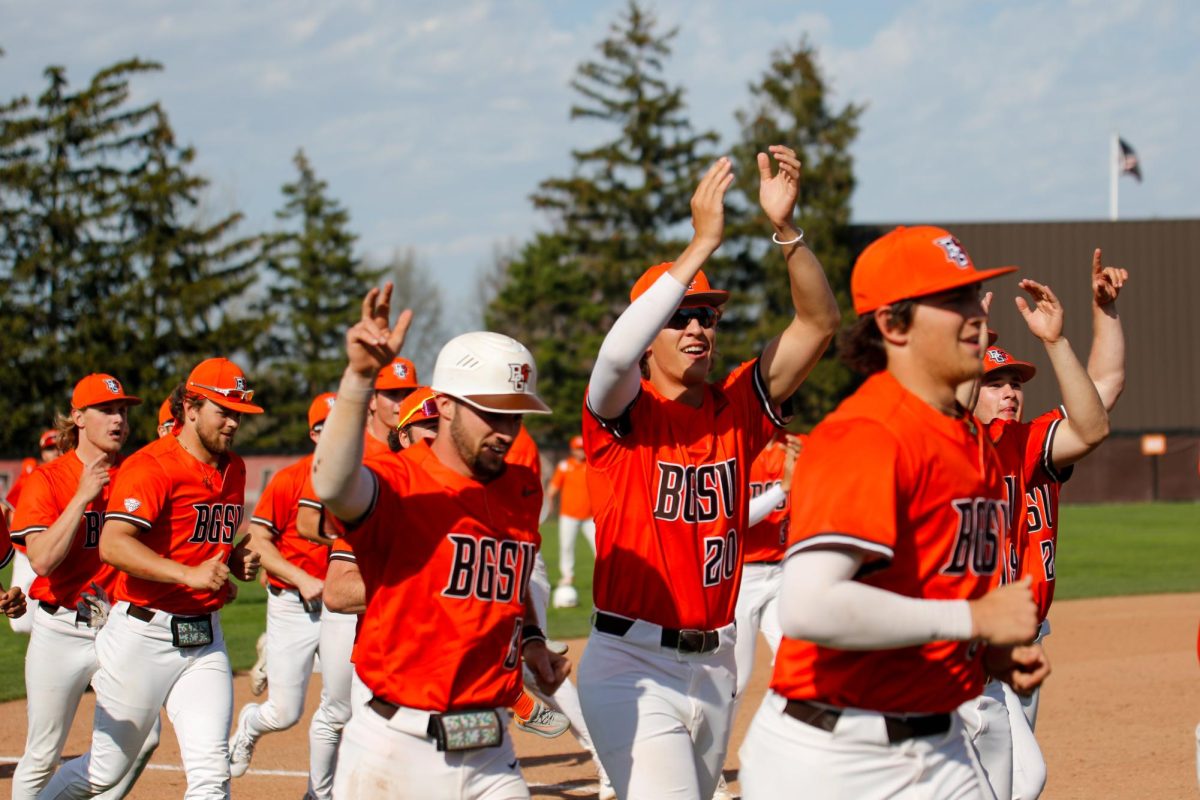In the 1950’s, universities had a policy of serving in loco parentis, or in place of the parents. Under such rules, schools dictated the details of students’ lives and reported any violations to parents. Recently, an issue that reminds many of its critics of such in loco parentis rules has resurfaced around the United States.
The question that has so many universities split is whether or not parents should be notified when their children are found to be in violation of the school’s alcohol and drug policies. Many students feel that implementing a policy such as this undermines the life lessons and sense of responsibility they are sent to college to absorb.
Last week, at the University of Georgia, administration officials decided to hold off on putting one of these policies into place. According to the Red and Black, UGA’s student newspaper, this decision was due largely to strong and steady opposition from the school’s Student Government Association.
Proponents of such plans cite a number of specific reasons why universities should tell parents when their children under the age of 21 get into trouble with substances. One of their main points is that students may not be mature enough to take responsibility for what they have done or may be told to do in the future as a result of the violation. They believe that if a student is irresponsible enough to be caught, then he or she must not have enough self-discipline to deal with the consequences of their actions on their own.
This stance, however, is not only cynical, but flawed as well. First, it underestimates students by assuming they are either unwilling or unable to take responsibility, face consequences, and learn their lessons without parental intervention. It also assumes that students who are found to be in violation of the rules were behaving irresponsibly to begin with.
Is it not more responsible for those who reside on campus to have a few drinks in the safety of their dorm room than it is to go to a keg party off campus, ultimately having to find a way home afterwards and deal with any number of equally dangerous scenarios? What about students who are in a room where alcohol is being consumed, but are not drinking themselves? Under a policy of reporting violations to parents, these students would not only be penalized for their good judgement by their school, but would also have their parents, who are not necessarily so well equipped to understand these extenuating circumstances as well.
This issue, originally allowed by the Family Educational Rights and Privacy Act of 1974, has been causing controversy ever since.
The smartest and best solution to the problem is to hold students accountable for themselves.

















